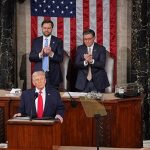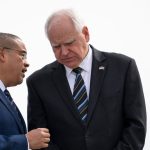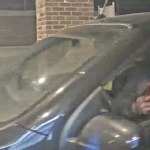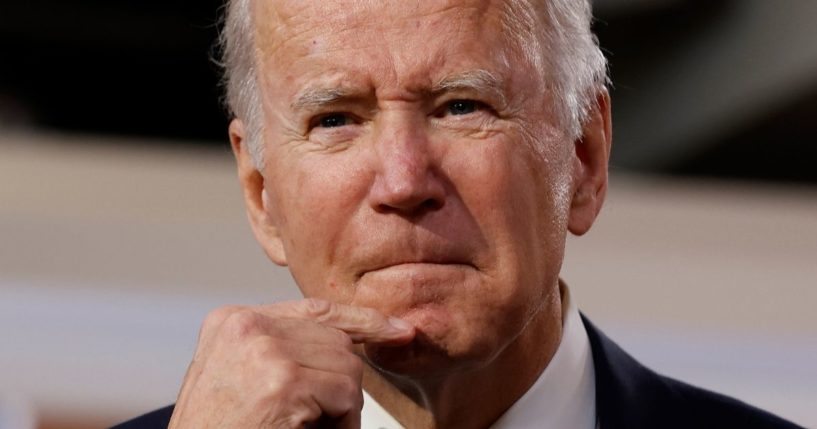Voter suppression is out; “independent legislature theory” is in.
During the last election, the Democrats used COVID and a stable of tame, progressive activist judges to hijack elections in several states. Rules concerning certification of mail-in ballots and ballot drop boxes were just a few of the areas where unelected judges unilaterally changed election rules on the eve of that election and even while the ballots were being counted. The rules these autocrats handed down had one thing in common. The US Constitution clearly says that the state legislature controls the “Times, Places and Manner” of federal elections. While, arguably, courts may have a role in saying something is not constitutional, they have no role whatsoever in writing the rules for choosing members of another branch of government.
The judiciary, federal and state, has made a sport out of taking over and managing state elections for about 50 years, and now the Supreme Court has agreed to hear a case testing the limits of how much meddling judges can do.
At the end of the last term of the Supreme Court, the Court announced it would take up the issue of who does what to who in federal elections in the Fall. The vehicle they decided to use is the case of Moore vs. Harper. SCOTUSBlog gives us the background.
After the Republican-controlled North Carolina legislature adopted a new congressional map in early November 2021, a group of Democratic voters and non-profits went to state court to challenge the map. They contended among other things that, because the state is roughly divided between Democrats, Republicans, and unaffiliated voters, the new map – which likely would have allowed Republicans to pick up two more seats in Congress, giving them as many as 10 of the state’s 14 seats – was a partisan gerrymander that violated the state’s constitution.
In February 2022, the North Carolina Supreme Court blocked the state from using the map in the 2022 elections and ordered the trial court to either approve or adopt a new map before the end of the month. The trial court adopted a new map, drawn by three experts appointed by the court.
Republican state legislators came to the Supreme Court on an emergency basis in late February, asking the justices to reinstate the legislature’s original map before the state’s primary election, which took place on May 17. But over a dissent by Alito that was again joined by Thomas and Gorsuch, the court turned down the request. Both the Alito dissent and a concurring opinion by Justice Brett Kavanaugh, however, called the “independent state legislature” theory an important question, with Alito adding that the justices “will have to resolve this question sooner or later, and the sooner we do so, the better.”
The legislators returned to the court later in March, seeking review of the North Carolina Supreme court’s decision invalidating the legislature’s map and ordering a new map for the 2022 elections. They told the justices that the state supreme court’s order was “starkly contrary to the” elections clause. The text of that clause, the legislators insisted “creates the power to regulate the times, places, and manner of federal elections and then vests that power in ‘the Legislature’ of each State.” The “independent state legislature” question, the legislators stressed “‘is almost certain to keep arising until the Court definitively resolves it.’” And because North Carolina will use the map created by the court for its 2022 congressional elections, they continued, the justices should resolve the question in this case, rather than having to do it on an expedited basis in a dispute arising after an election has already occurred.
Alito’s dissent contains this gem.
And if the language of the Elections Clause is taken seriously, there must be some limit on the authority of state courts to countermand actions taken by state legislatures when they are prescribing rules for the conduct of federal elections. I think it is likely that the applicants would succeed in showing that the North Carolina Supreme Court exceeded those limits.
Needless to say, the thought of the Democrat political SWAT team, hyper-partisan progressive judges, being neutered before the next presidential election gave much of the left a case of the Hershey squirts.
This case has its genesis in the 1916 case of Davis vs. Hildebrant. The issue was whether a provision of the Ohio Constitution that allowed citizens to veto state election laws violated the Elections Clause of the US Constitution. The Supreme Court ruled it did not because the people can execute legislative power through a referendum. Since then, the Supreme Court has defined “legislative power” as including the governor when he signs or vetoes legislation. Courts at all levels have decided they have the right to rule on just about all aspects of voting, as we saw in 2020.
Not being a lawyer, I can only go with my gut feeling on this case. My gut feeling is that it is much more good than bad.
First, all the correct people are upset. That isn’t a very mature way to consider legal cases of major import, but it is very reliable. If the mainstream media are running editorials against it and progressive legal analysts are predicting the end of democracy, it can’t be all bad because I happen to think democracy is a pretty crappy form of government.
Second, words mean things. The Constitution says the state legislatures control time, manner, and place, so maybe we should pay attention. Most of the times when we’ve f***ed with the original document because of our modern sensibilities, we’ve made things a lot worse. The income tax and direct election of senators come to mind immediately.
Third, we know that leftwing activist judges can’t resist trying to fine-tune rules to help their favored candidates. They do it every election, and they do it with absolute impunity because they are unaccountable.
The hard feelings over 2020 would never have happened if it had been impossible to just make up the rules. Bush vs. Gore need never have happened if Florida had been allowed to follow its election laws without judges intervening. The confusion accompanying every redistricting effort would be eliminated if courts were forced to stay out of electoral politics. I don’t know how this would work in practice, but I’m pretty sure it can’t work any worse than what we’ve got.
Story cited here.
























